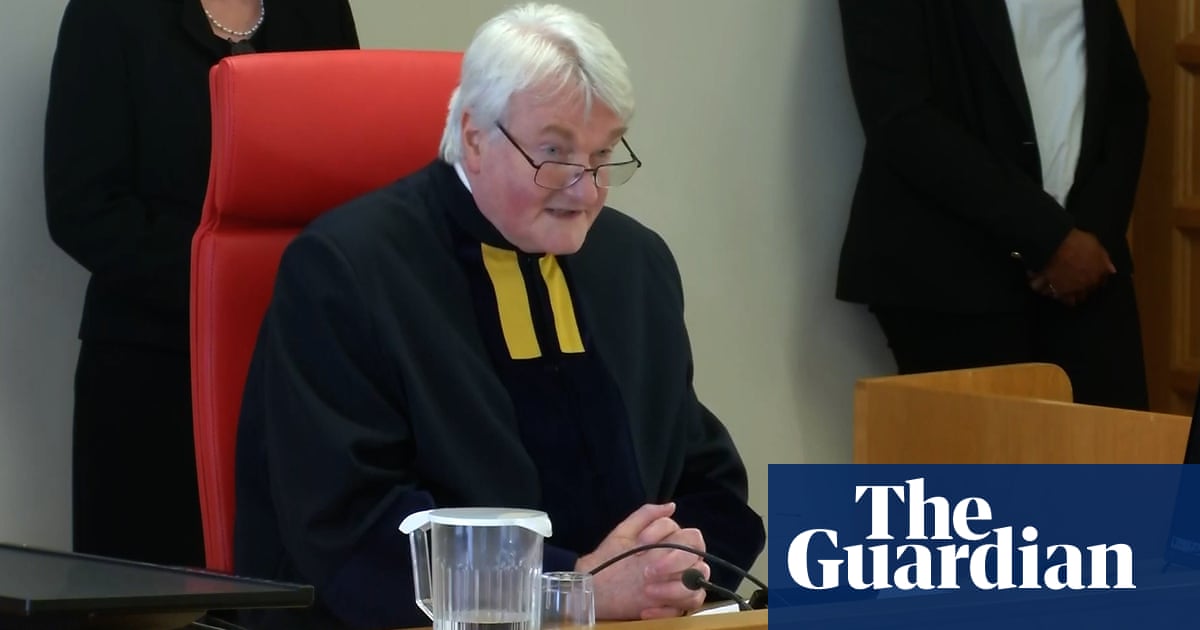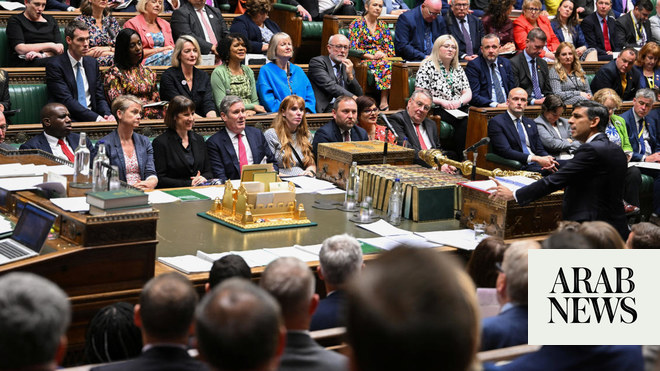
A decision by the former home secretary Suella Braverman to drop two recommendations intended to repair some of the harm done to the Windrush generation was unlawful, the high court has ruled.
The decision to abandon a promise to establish a migrants’ commissioner and to drop a pledge to increase the powers of the independent chief inspector of borders and immigration (ICIBI) was found to have had a “disproportionately prejudicial effect upon Windrush victims” and indirectly discriminated against them.
The Windrush victim Trevor Donald, 68, brought legal action against the Home Office over the decision not to proceed with all of the recommendations made to the government by a review launched in the wake of the scandal.
Donald, who was born in Jamaica in 1955 but moved to the UK aged 11, was caught up in a “dystopian nightmare” when he found himself stranded in Jamaica for nine years after travelling back to attend his mother’s funeral in 2010 in the country he had left 43 years earlier.
After the Windrush debacle, in which thousands of legal UK residents were misclassified as illegal immigrants, an independent review was commissioned by the solicitor Wendy Williams to establish what had caused the scandal and to ensure that it could never be repeated. Many UK residents, mostly from the Caribbean, had been wrongly detained, deported, threatened with deportation, sacked from their jobs, evicted or denied pensions, benefits and NHS healthcare despite having the right to live in Britain.
Williams published her Windrush Lessons Learned review in 2020 and all 30 recommendations were originally accepted by the then home secretary, Priti Patel, who acknowledged that there had been “unspeakable injustices and institutional failings”. Patel launched a “comprehensive improvement plan” for the Home Office, designed to enforce wholesale cultural reform of the department.
In January 2023 it was confirmed that Braverman had dropped three of the key reform commitments.
In a judgment on Wednesday, Mrs Justice Heather Williams concluded that it was unlawful and “conspicuously unfair” not to appoint a migrants’ commissioner and not to proceed with increasing the powers of the ICIBI without consulting representatives of the Windrush community and Williams.
She said: “The decision not to proceed … was a matter of considerable concern and hurt to a significant number of Windrush victims, given, in particular, that a cause of the scandal was a failure to listen to the voices of those from the Windrush community.”
The decision to abandon a third pledge – a programme of reconciliation events, with meetings between members of the Windrush generation and senior Home Office staff and ministers so that they could articulate the impact of the scandal on their lives – was ruled to be “proportionate” and not unlawful.
“Whilst the evidence shows that a significant number of the Windrush victims viewed the reconciliation events as beneficial and the decision not to progress them caused very substantial hurt, the Windrush Cross-Government Working Group consistently advised that they would be divisive, trigger discord and cause pain and distress,” the judge ruled.
Donald was eventually allowed to return to the UK following the Guardian’s investigation of the scandal in 2018 and was recognised as having indefinite leave to remain, before being granted British citizenship in January 2022. The judge noted that during the period of enforced exile, he had “missed critical moments in the lives of his children and lost his council flat and most of his possessions”. A further hearing is expected to consider possible damages due to Donald.
The judge concluded that the government’s decision not to proceed with the two reform recommendations should “be quashed”, which Dr Connie Sozi, who represented Donald, said meant the expectation was the pledges that should now be implemented.
“Governments have failed the Windrush generation over and over again: historically, through increasingly restrictive immigration and citizenship law, which impacted (by design) black and brown Commonwealth citizens differently,” Olivia Duffield of Deighton Pierce Glynn, the firm representing Donald, said. “The judgment reinforces what is often left unsaid by government officials when talking about the Windrush Scandal, which is that it was an injustice primarily inflicted upon people with black and brown skin.”












